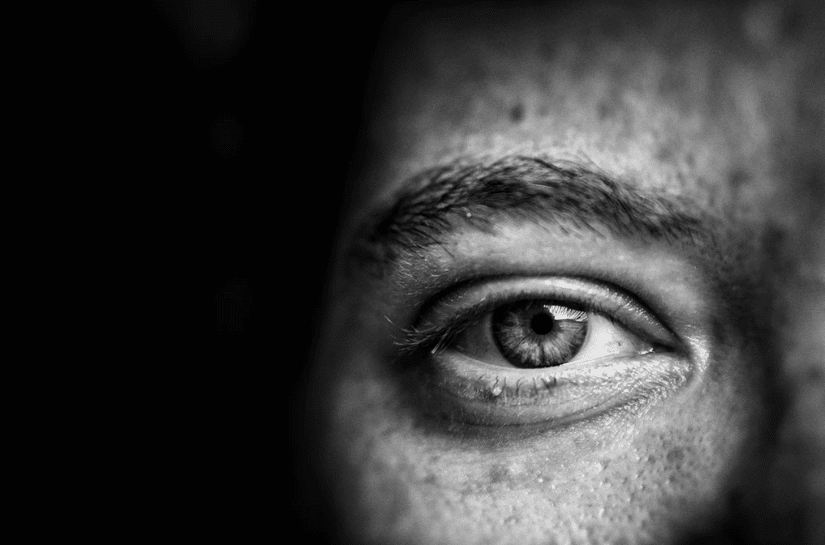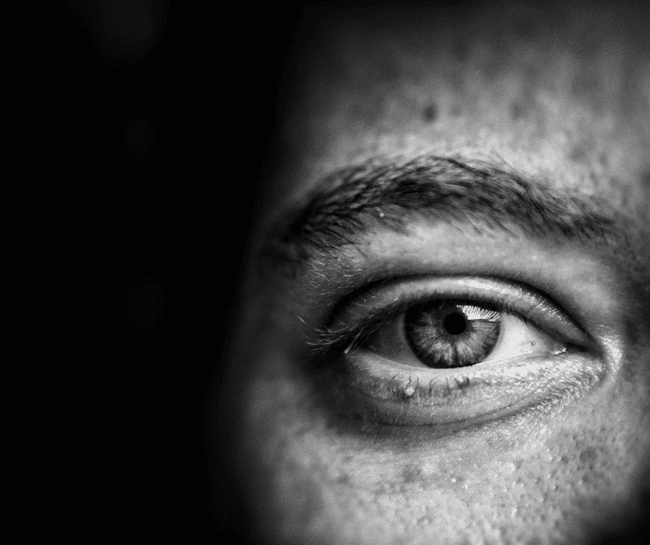Your Biggest Enemy – Fear

Fear: The Biggest Enemy of Creativity
You are Creative
Creativity is a broad concept that is often associated with the natural ability to come up with original ideas and use the imagination. For the longest time, creativity has been associated with artists and geniuses. Most adults would claim that they are “not creative”, but it doesn’t start that way because everyone is born with creative potential.
Cognition plays an important role in understanding creativity. Medical doctors and psychologists refer to creativity as a cognitive process. Creativity is the ability to see connections between concepts that many may not be able to see. Being creative does not just refer to those who are artistically inclined—it also includes people in technical fields who find innovative solutions to problems.
Creativity is the result of the cooperation and interaction the different networks in the brain. It starts with seemingly random streams of thought governed by the Default ode Network (DCN), and then gets refined and changed by the Executive Control Network (ECN). Formulating ideas, involve seeing things in different ways, breaking them down into details and somehow combining some or all of the ideas.
Scientists have found that people with high creativity levels show more connections among the major brain networks. These connections are flexible and can be improved. This is why “creativity” is not just something that a person is born with.

Here Comes the Fear
Children have within them the basic curiosity to explore the world, and with this come creative ideas, which gives way for more room to explore. For some reason, this changes when people grow up. People become more cautious and fearful, which somehow stifles creativity.
Fear is a useful emotion that is essential for survival as it protected people from threat and danger. It starts with an external stimulus that triggers stress and manifests in physical symptoms such as sweating, shortness of breath and elevated heart rate.
People experience fear in two ways: first is when there’s a real threat to life and safety, such as the fear of snakes, heights, a dangerous animal, being in the presence of a person with a weapon. The second is not necessarily overtly dangerous, but the brain makes it think it is—examples include vulnerability and judgment. Repeated experiences of fear teach people to focus on self-preservation, seek safety and to eliminate the cause of the fear. This is the comfort zone that a fearful person might choose to live in.
Being fearful is not conducive for a creative person. Because creativity needs to be expressed, living in fear and avoiding fear prevents a creative person from taking risks, using their imagination, collaborating, sharing and forging important partnerships. In a sense, fear can be destructive—counterproductive at best.
Fear creates a shell that keeps people away from things that can harm us—things that put us at risk. Fear is a pervasive force that can undermine creativity, and it comes in many forms: fear of not being good enough, failure, risks, vulnerability, etc. When fear it not managed, it can paralyze an individual and prevent them from doing anything.
The Dangerous Relationship of Fear and Creativity
Like any other person, artists and other creative people do not start out being fearful or anxious. Everyone starts out expressing his or her creativity freely from childhood. However, things change as we go through life. Creative people see the world in different ways, and for people with artistic inclinations, it is only natural for them to want to show this to the rest of the world.
People are taught to refine what makes them different and to do only what s socially acceptable. In school, creative ideas might get dismissed by a teacher or made fun of by a classmate. Colleagues may present critiques too harshly. When this happens repeatedly, a creative person may subconsciously convince his or herself that they are not the “creative type” and that they are wrong for pursuing our ideas.
Draw Out the Fear
Fear can be a stumbling block for any creative person. When we are in a creative slump caused by fear, it is easy to just stop altogether and not even begin. Before this happens, it would be a good idea to consult a professional to keep us in check.
Creativity coaches are trained professionals can help release people’s fears and other creative blocks so they can start achieving their goals. Some of them would already have experience in the field of social services, psychology or counseling. Creativity coaches help struggling individuals by being the support system in times of fear and doubt.
Since fear is deeply rooted in a person’s experiences, the coach can help his/her client understand their fears so that they can manage it, and eventually overcome it so they move forward with their goals. In coaching sessions, the coach may be able to offer a different perspective and shed light on the client’s blind spots.
The coach and client may talk about past traumas and how they affect the client’s productivity. The creativity coach can be the person that a client can exchange ideas with, and help them organize their thoughts and help you come up with a plan of action.
Working with a coach will allow you to get reacquainted with who you are as a child—that child who was pure and full of ideas. The creativity coach can help rebuild that confidence and learn how to overcome the fears that killed your creativity in order to tap into our creative selves.
Finding the right creativity coach and working with them regularly is a form of investment for yourself and in your work. Having someone to have an honest conversation with about your concerns and help you gain more clarity as you navigate your thoughts and feelings.


Leave a Reply